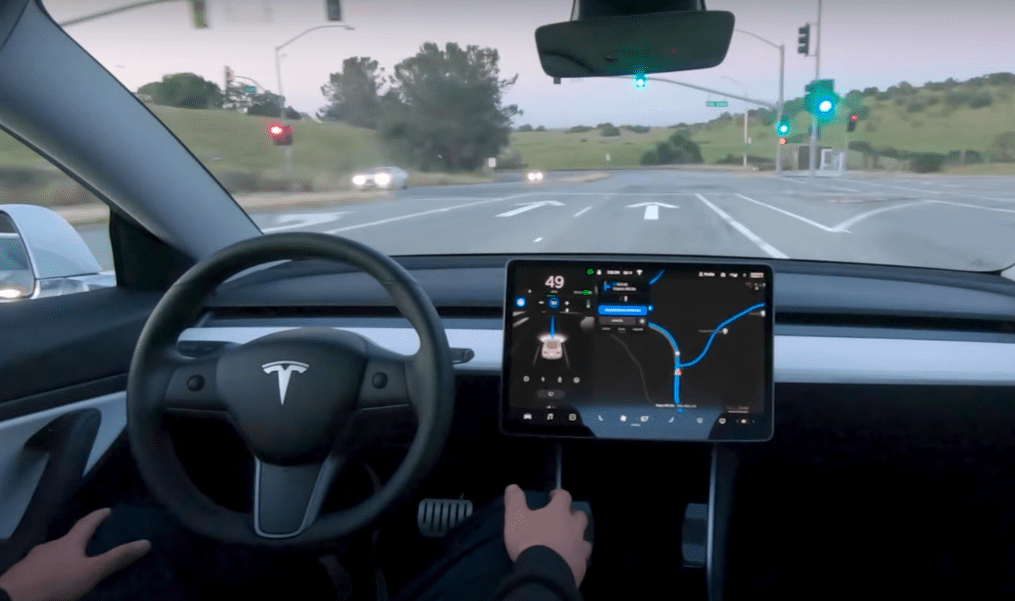Samsung is reportedly in talks with Elon Musk’s company to manufacture the next-generation self-driving chips for Tesla’s fully autonomous vehicles. The chips that the South Korean would manufacture will be based on its 7-nanometer chip production process. The development doesn’t come as a surprise because both the companies have discussed the topic of chip designing multiple times. Moreover, they exchanged chip prototypes for the electric vehicle manufacture’s upcoming Hardware 4 self-driving computer. It must be noted the Samsung is already making chips for Elon Musk’s current Hardware 3 computers. The development comes after Musk said that the company would be introducing new hardware.
Musk had said during the AI Day event of Tesla that the company would introduce new hardware for its Cybertruck, which is expected to be available at the end of this year The development is significant as Tesla had announced in 2016 that all its vehicles would be designed in a way that all of them would be compatible with full self-driving capability in the near future. But this couldn’t go as planned because the Nvidia computer didn’t have enough computing power. Nvidia had powered the original self-driving hardware suite of Tesla. However, later Tesla had no option but to upgrade the computer twice. The new chips will be around 4 times more capable than those being currently used.
Reports suggest that Samsung would most probably manufacture these chips at its main Hwasung plant in Korea. The plant is capable of handling the large demand for chips and therefore would be easy for Samsung to satisfy Tesla’s demand. If the reports are true, Tesla has picked Samsung to build its next-gen full self-driving chips because the Korean company has enough experience in the field. The company is the second-largest chip manufacturer in the industry with the first one being TSMC. But there is a huge difference when it comes to market share. While the Taiwan Semiconductor Manufacturing Company has 52.9 percent of the market share, the South Korean company has only 17.3 percent of the market share as of end-June.
